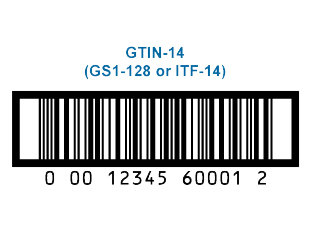January 13, 2013 5:36 pm
Country of Origin Labeling (COOL) is a labeling law that requires retailers, such as full-line grocery stores, supermarkets, and club warehouse stores, notify their customers with information regarding the source of certain foods. Food products, (covered commodities) contained in the law include muscle cut and ground meats: beef, veal, pork, […]
Read more ›
5:14 pm
The Food and Drug Administration (FDA or USFDA) is an agency of the United States Department of Health and Human Services, one of the United States federal executive departments. The FDA is responsible for protecting and promoting public health through the regulation and supervision of food safety, tobacco products, dietary […]
Read more ›
4:54 pm
Radio frequency identification (RFID) is a generic term that is used to describe a system that transmits the identity (in the form of a unique serial number) of an object or person wirelessly, using radio waves. It’s grouped under the broad category of automatic identification technologies. Radio-frequency identification (RFID) is […]
Read more ›
3:51 pm
Designed to be stored on an RFID tag, the Electronic Product Code (EPC) is a unique number that identifies a specific item in the supply chain. The EPC can be associated with dynamic data such as the origination point of an item or the date of its production. Much like […]
Read more ›
3:34 pm
Introduction EPC Information Services (EPCIS) is an EPCglobal standard designed to enable EPC-related data sharing within and across enterprises. This data sharing is aimed at enabling participants in the EPCglobal Network to obtain a common view of the disposition of EPC-bearing objects within a business context. The initial version of […]
Read more ›
3:18 pm
The EPCglobal Network is a computer network used to share product data between trading partners. It was created by EPCglobal. Basis for the information flow in the network is the Electronic Product Code (EPC) of each product which is stored on an RFID tag. The network manages dynamic information that […]
Read more ›









